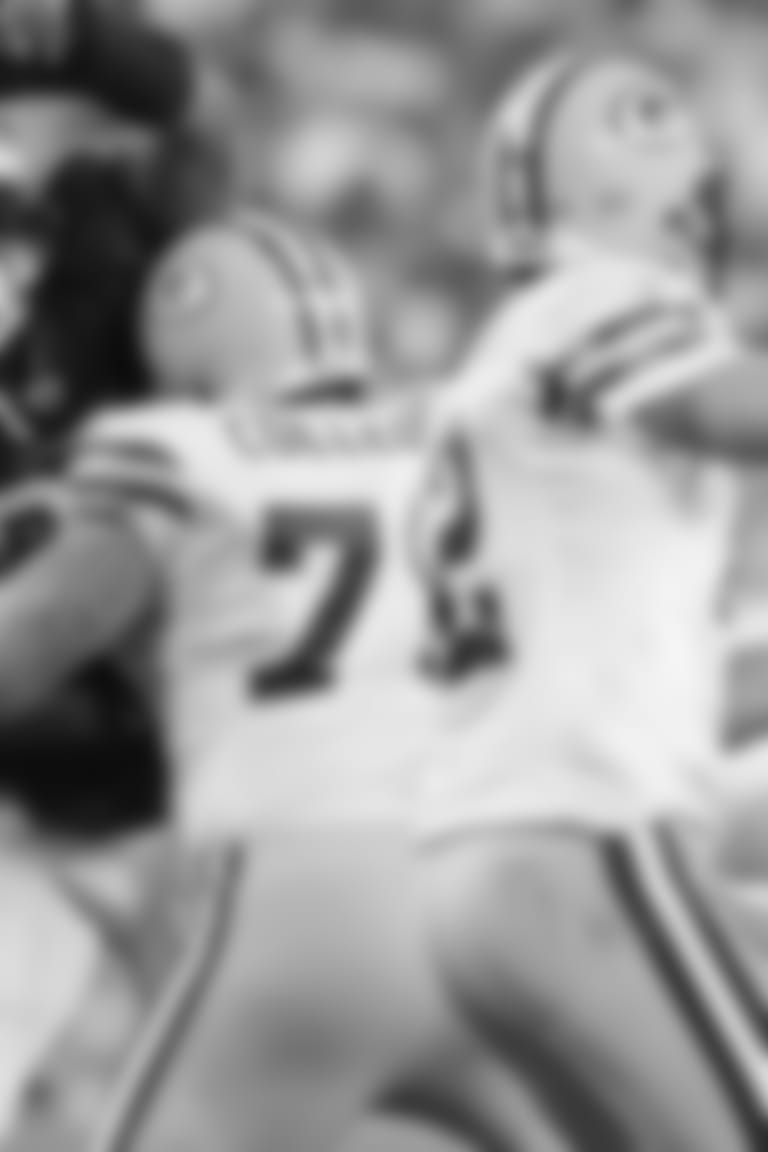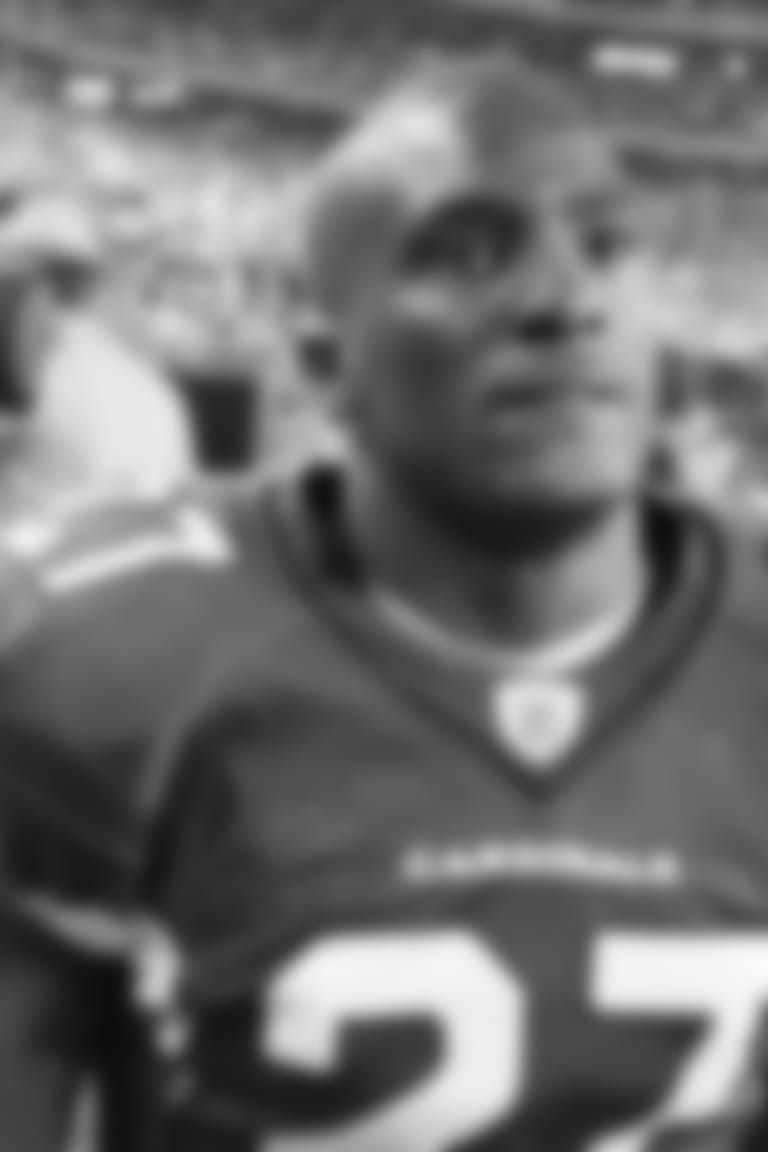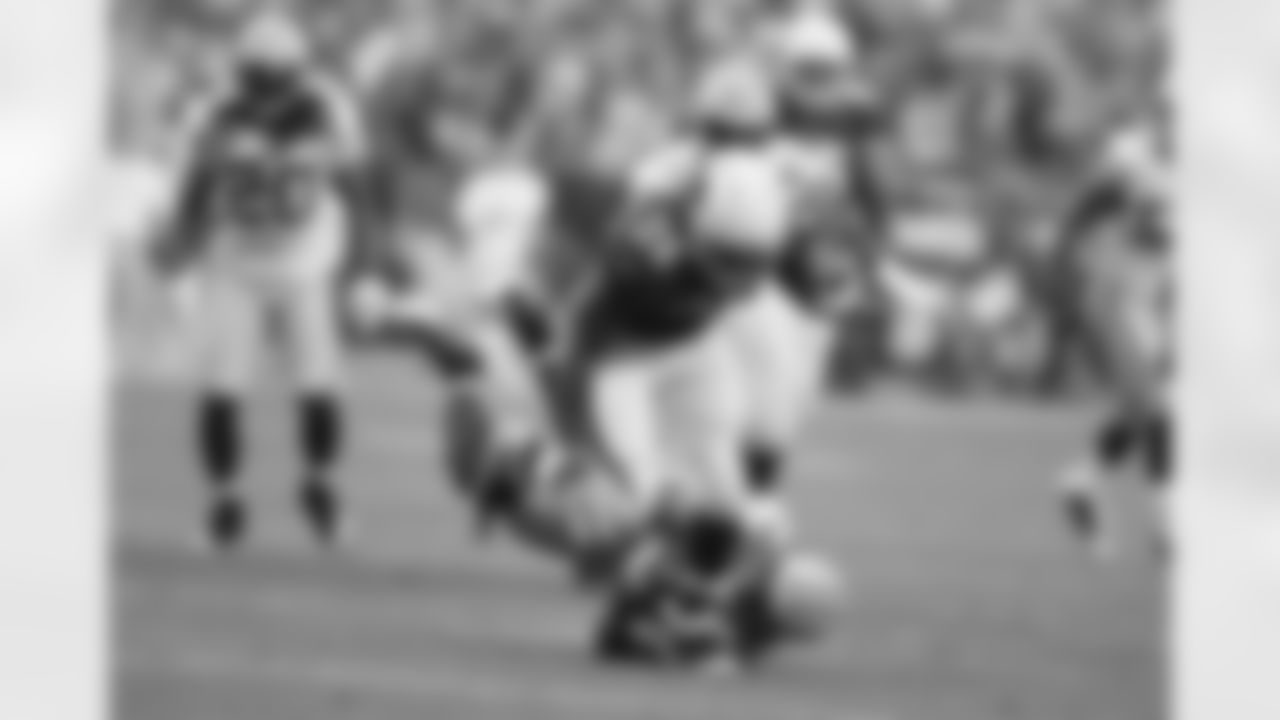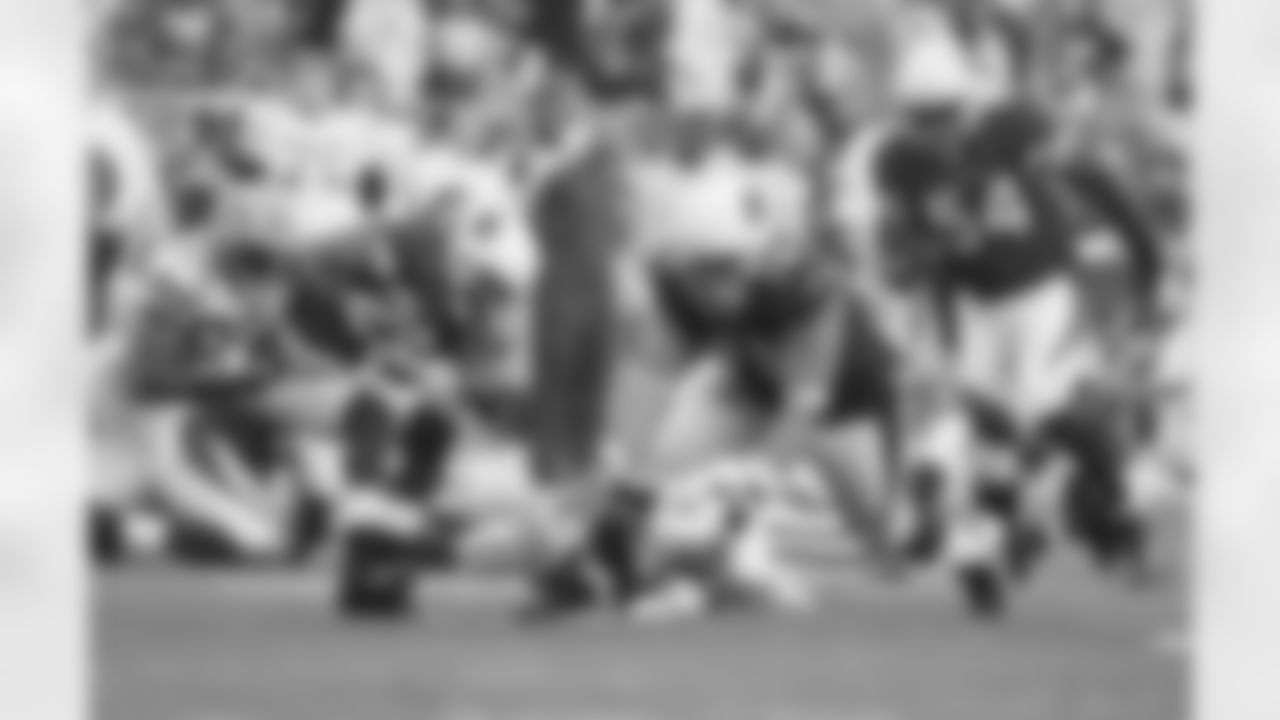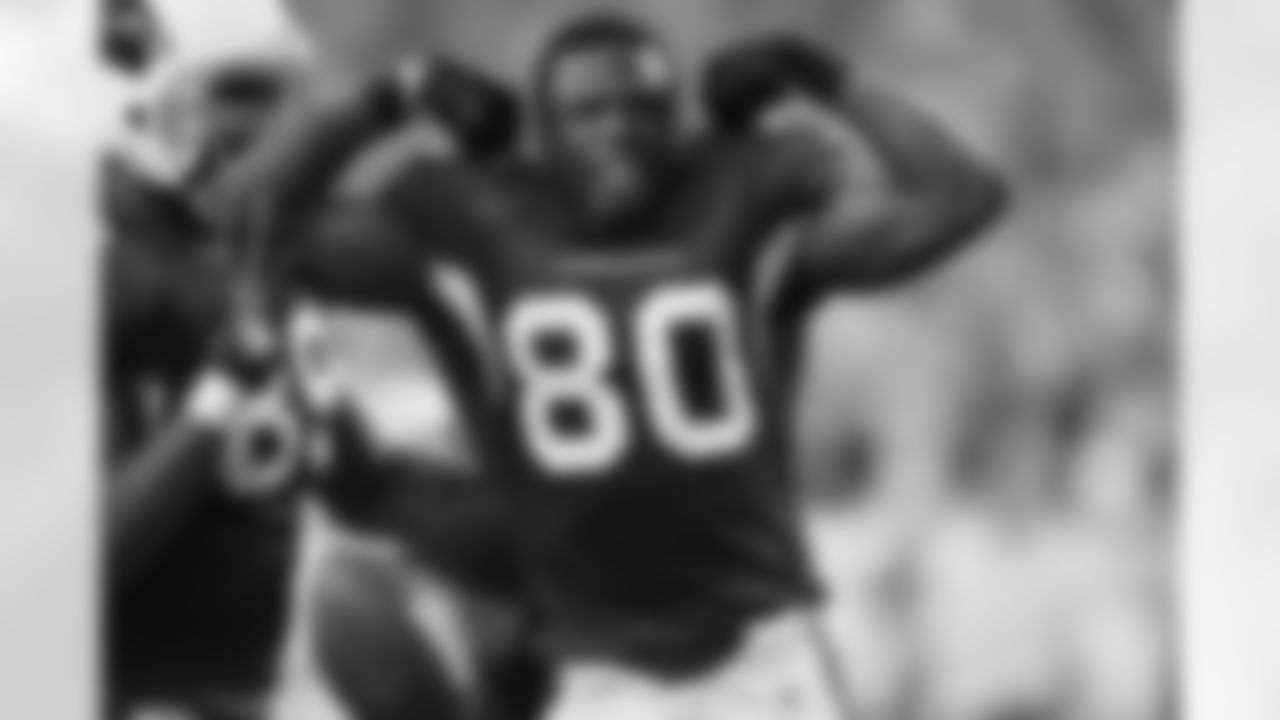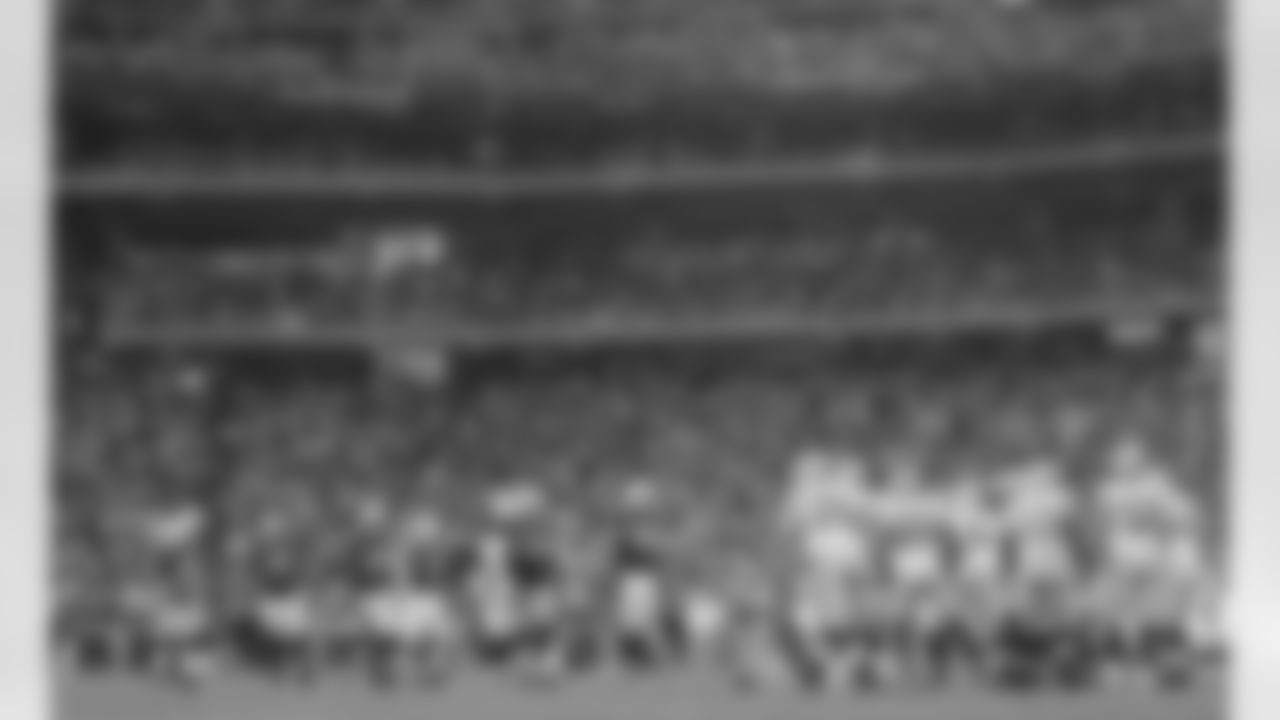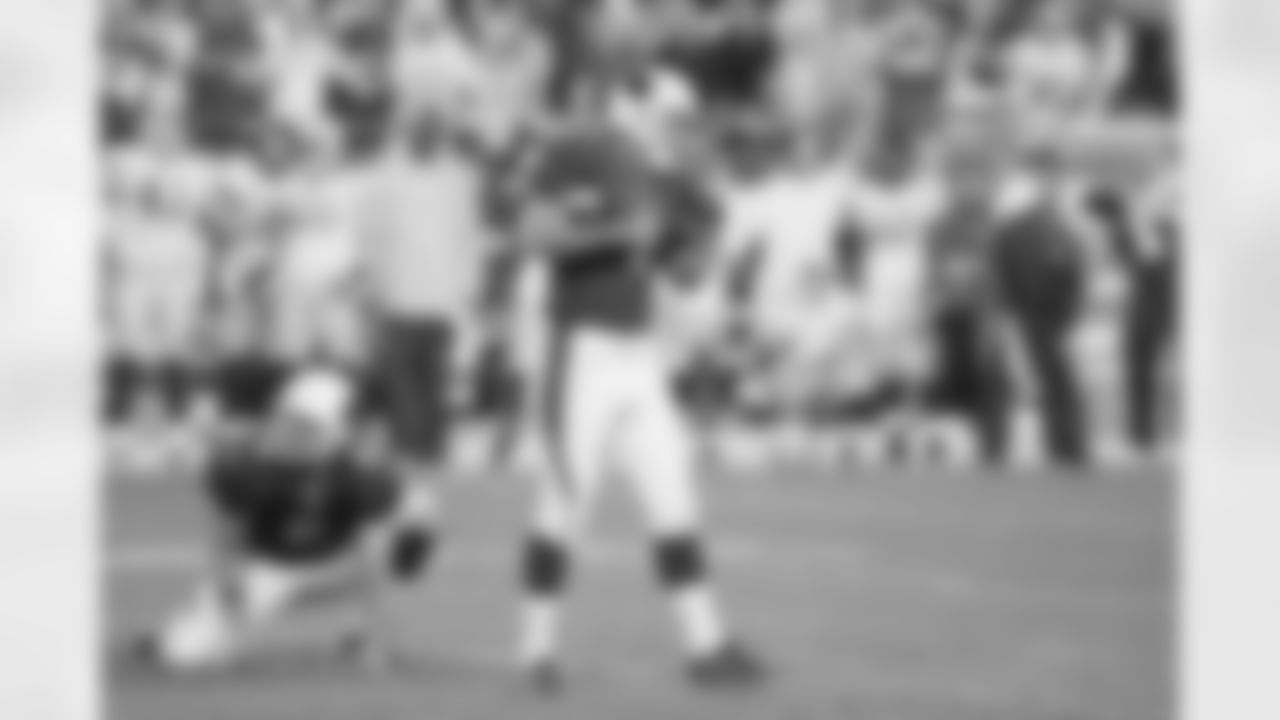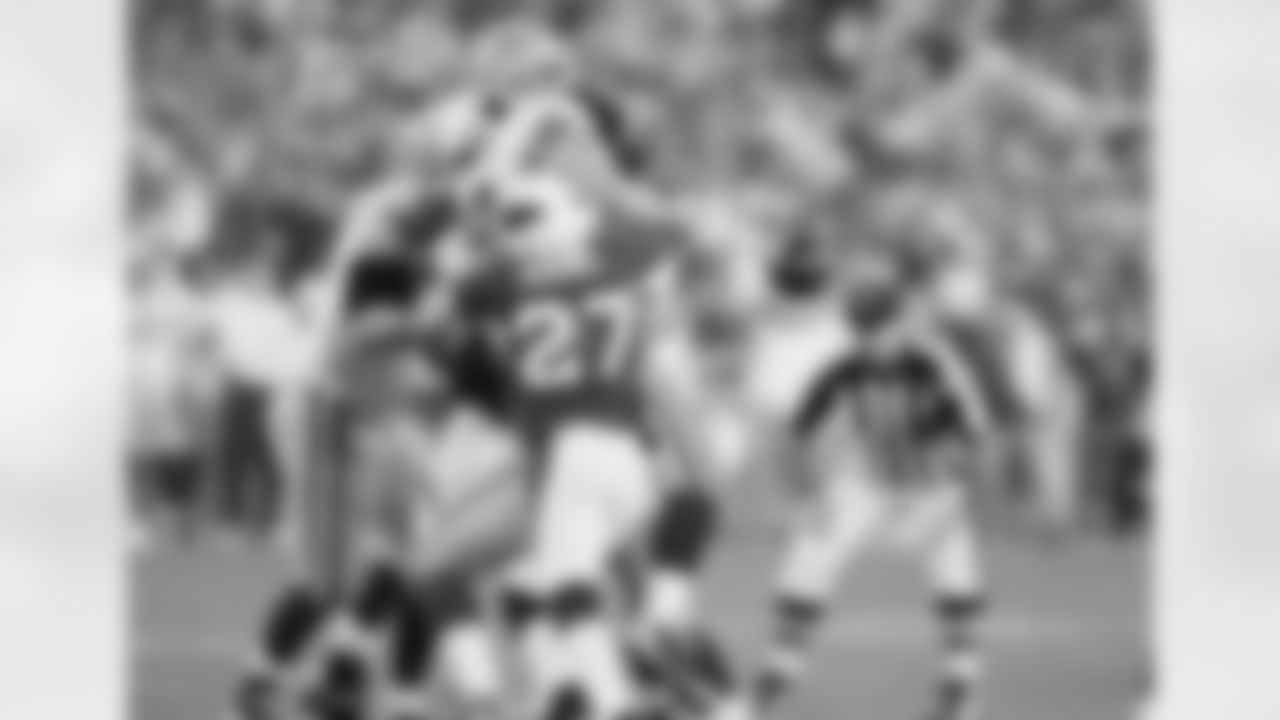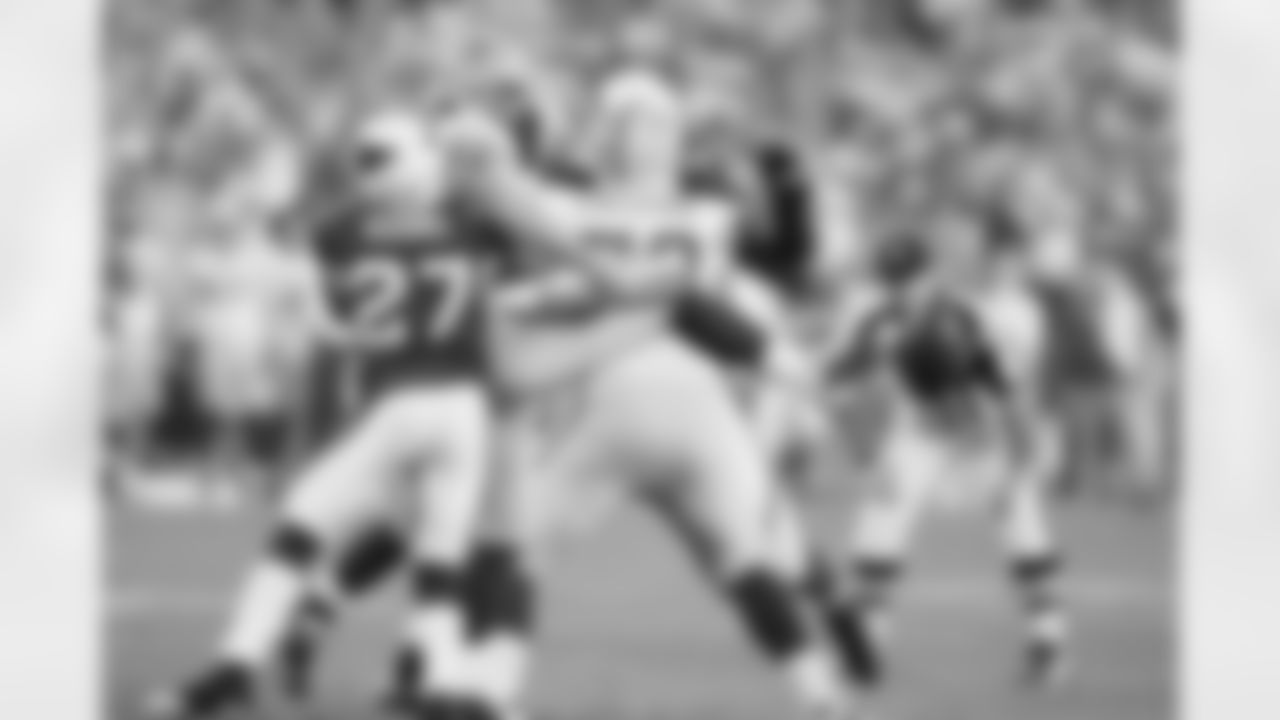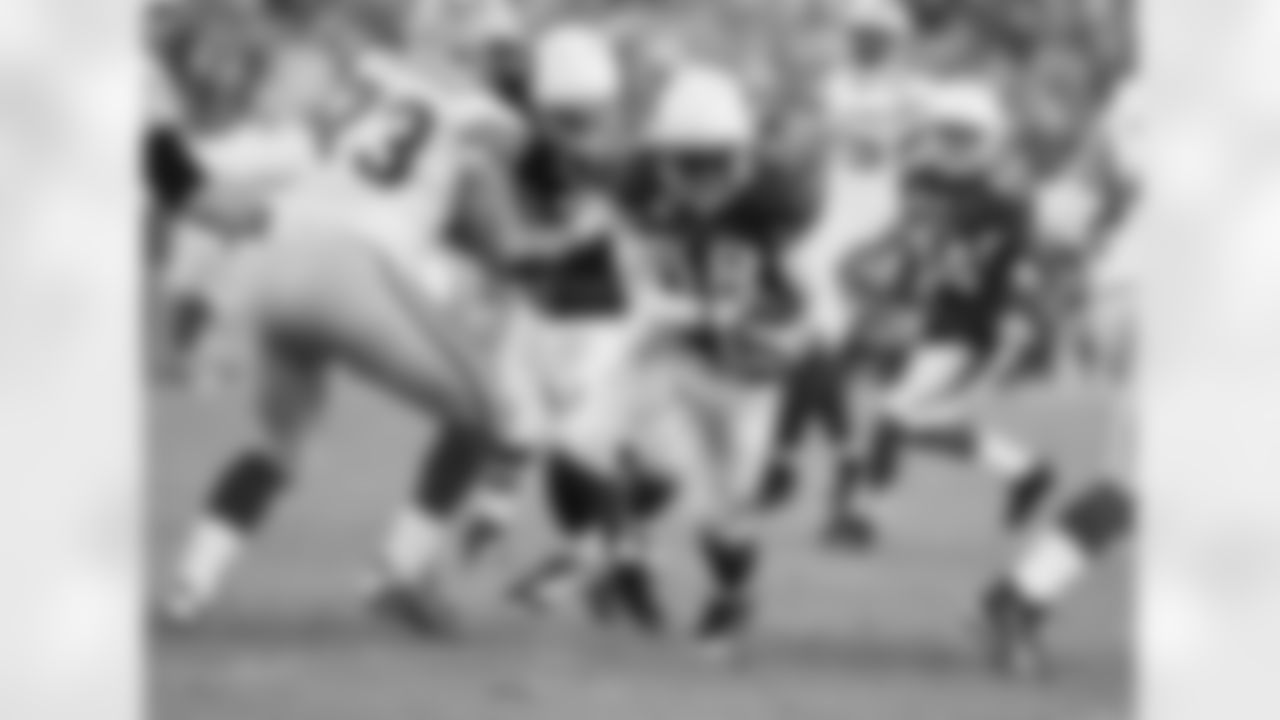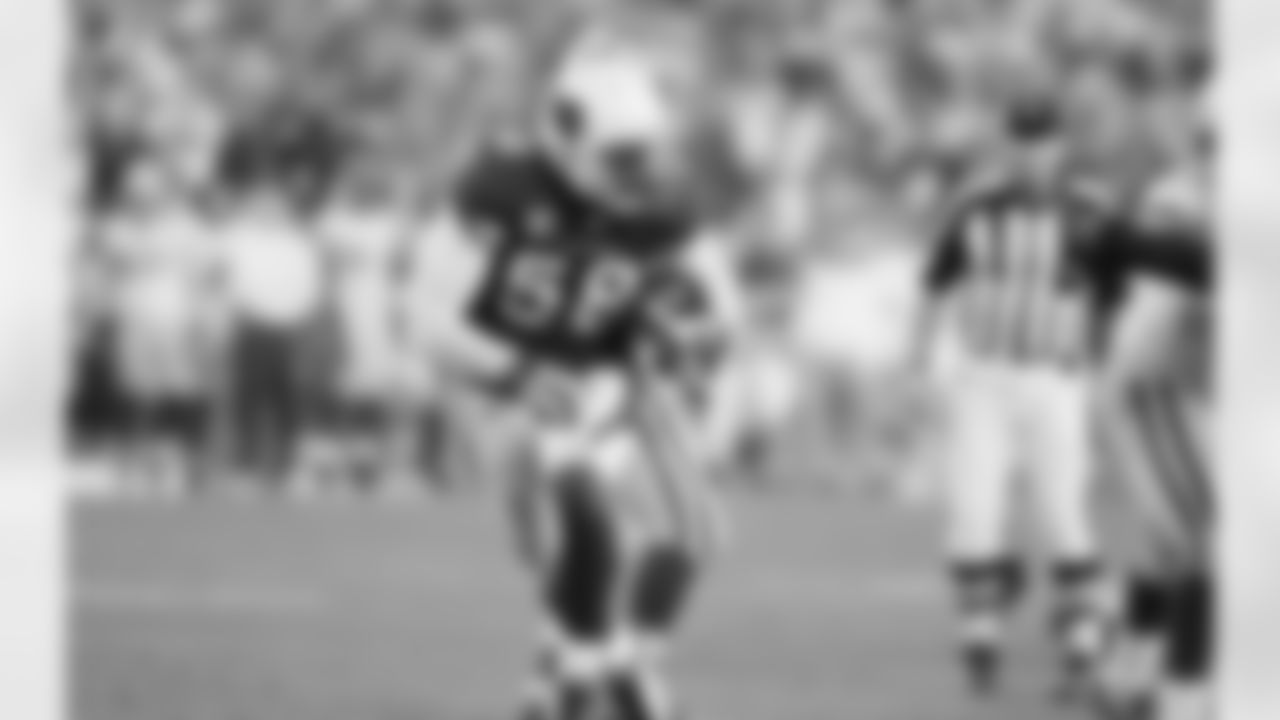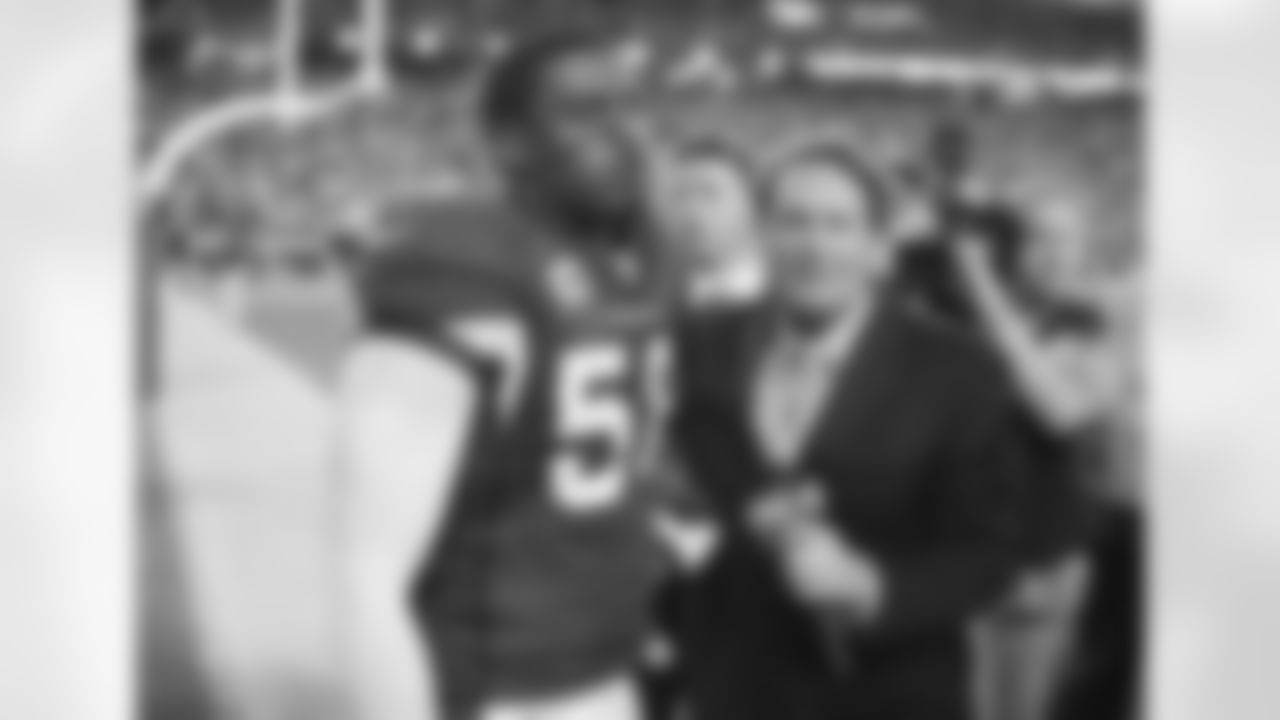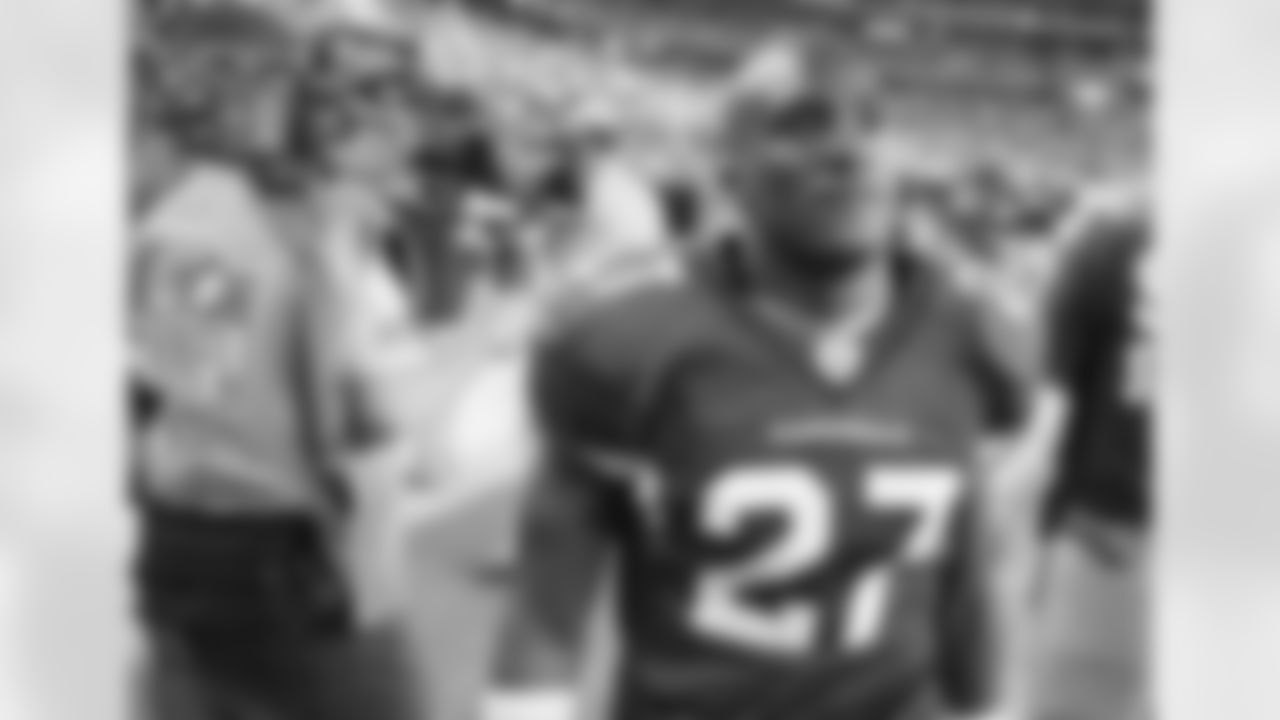The journalist is about finding the best story, not the best game result, although it was easy to understand why Jason Wilde had a vested interest in what the Packers would do in Arizona against the Cardinals in the Wild Card playoff round of the 2009 season.
Wilde's wife Paula was pregnant with the couple's first child, due in a few days. And as the long-time Packers beat writer for the Wisconsin State-Journal took his seat in the then-University of Phoenix Stadium press box, he was just hoping his daughter wasn't going to arrive early. He planned for it the best he could – Packers head coach Mike McCarthy, knowing Wilde's situation, offered to let Wilde fly home on the team charter after the game if necessary – but the reality was simple.
If the Cardinals won, Wilde could go home, cover the Packers post-mortems, and be able to handle whatever happened with his family. If the Packers won, it got more complicated.
The game that unfolded was one of the most incredible anyone had ever seen. But it was the plainly named Michael Adams that became the Cardinals – and Madison Wilde's – hero by the time the game was over.
Two future Hall of Fame quarterbacks matched each other throughout. The Cardinals' Kurt Warner, playing what he knew -- but few others did – was his final game in Arizona, threw more touchdown passes than incompletions. Aaron Rodgers, just starting out his career, rallied the Packers from a big early deficit. There was a last-second field goal miss, and, fittingly, overtime.
Then there was Adams, the Cardinals' nickel cornerback, favorite of the locker room, and survivor of the roster.
Adams committed multiple penalties and missed Rodgers when coming on the blitz. For much of the afternoon, it was not a game he would remember fondly, until it was.
"I was kind of on the bubble every year, and every year, they would bring somebody in to beat me out," Adams said. "And every year I would beat them out.
"That's kind of my philosophy in life. I mean, I'm a fighter, and you can't make it in this game, you can't be successful in a lot of sports as a smaller individual, if you don't have that fighter's mentality."
When Cardinals defensive coordinator Bill Davis, one more time, called Adams' number on the blitz, he did not miss. Adams launched himself into Rodgers, the ball popped loose, and teammate Karlos Dansby ran it into the end zone for a stunning 51-45 win.
On the field, Adams cried tears of joy and relief. Up in the press box, Wilde too was able to exhale.
"I'll admit, it was three things as I watched it unfold," Wilde said. "It was, 'Holy cow what a way to end a game,' 'What a great game this was,' and 'OK, as long as Paula does not go into labor between now and when my plane touches down, I will not miss Maddie's arrival.' "
The Cardinals were the defending NFC champions, their 10-6 record a game better than the Super Bowl season and worth a second straight NFC West crown. The Packers, who won a Super Bowl a season later, were a game better in the standings but had to travel to Arizona because they were second in their division.
The Cardinals built leads of 24-7 and 31-10, only to see the Packers rally each time. Rodgers was 28 of 42 passing for 423 yards, four touchdowns and an interception, but one of the incompletions still haunts him to this day (more on that later.)
Warner, meanwhile, may have had the finest game of his career: 29-of-33, 379 yards, five touchdowns, no turnovers.
"The thing I always say is what made that game so special was yes, I played one of my best games ever," Warner said. "But we needed every single throw. It wasn't like I played like that and we won by 25. I played like that and we needed every throw on every play."
There is a flip side to all that offense – more than 1,000 yards, with the Cards outgaining the Packers, 531-493 – and that is defenses that must absorb the blows.
In the second half, the Packers had five possessions, and scored touchdowns on all five. It was all Warner could do to keep the Cards in the game.
"All the great ones you play … (like) Aaron, you get a feel early on if they're in a rhythm or not," Davis said. "When they're not, it's the greatest day ever. But when they're in rhythm, there's not much you can do."
Said Dansby, "He was picking on everybody in that game, Aaron, and he didn't spare no one."
Adams, though, was a frequent target. Even announcer Joe Buck noted, "They've been picking on Michael Adams" during the telecast, and by the end of the game, Adams had drawn four penalty flags – two for interference, one for holding and one for an illegal substitution.
"You felt bad for Mike because you know, it killed him," former defensive end Bertrand Berry said. "The last thing that he ever wanted to do was be a reason why the team lost or didn't perform well. And it was as bad of a game as you could possibly have on the defensive side. And on the biggest stage. The timing of it couldn't be any worse."
Davis sent Adams off the edge on blitzes – something Adams rarely did, and he missed a chance at a sack. Adams went flying in just high enough where Rodgers ducked and Adams tumbled off him – with Rodgers then popping back up to complete a pass.
"In my mind, I'm like, 'Man, you kind of are playing bad and you got to make a play,' " Adams said. "You got to do something to, you know, change the narrative because being 5-foot-7, you know, if I give up a deep ball, 'He's gonna be too short,' (and if) a 6-foot cornerback gives up a deep ball, it's 'Oh, he made a mistake on that play.' Usually with me, it's always amplified."




